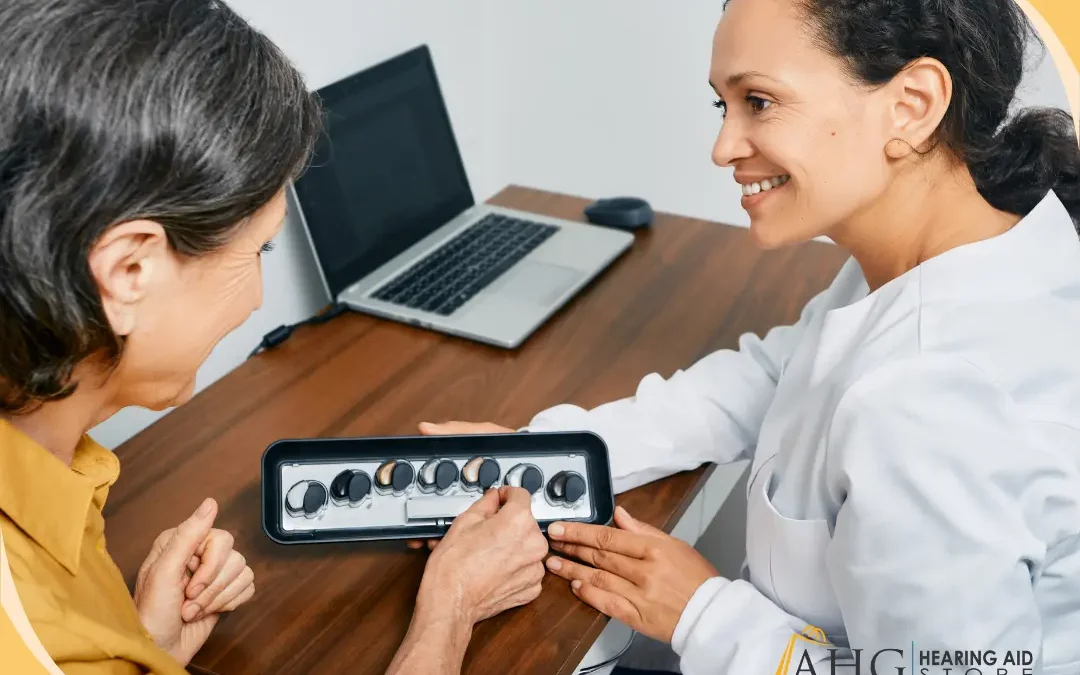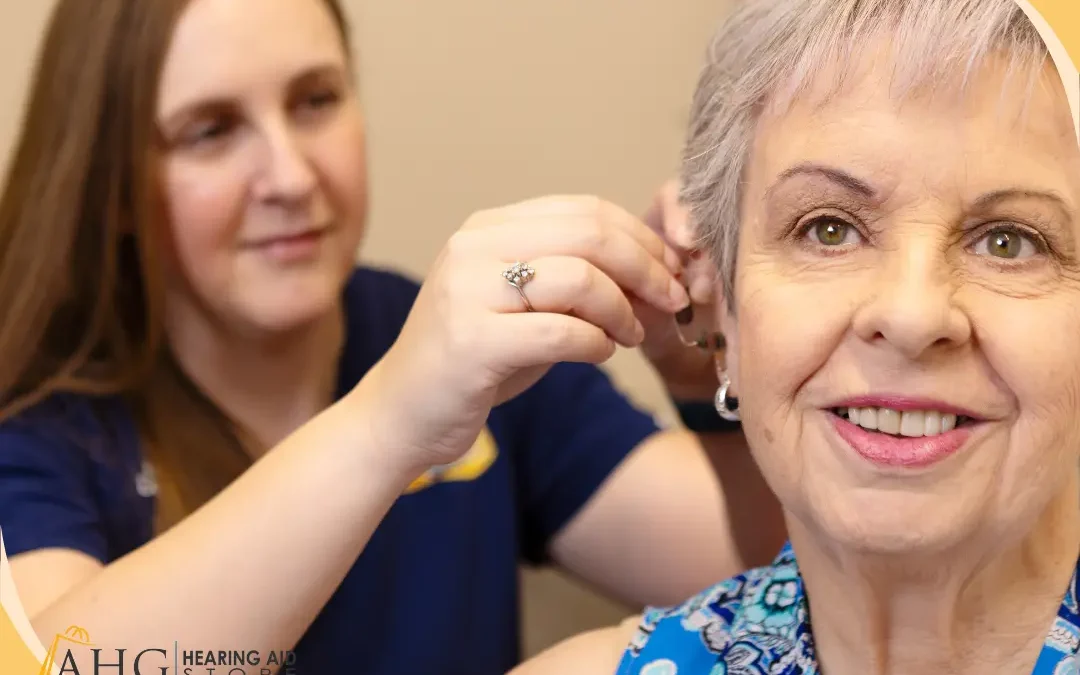
Children with hearing loss deserve a quality education, just like any other children attending school. The classroom can be a challenging environment for individuals with hearing impairments, however. When the right strategies are implemented, though, it’s possible to create an inclusive and supportive environment where all children have the opportunity to flourish.
Here, we’ll discuss several effective accommodations that can be made to enhance the school environment for children with hearing loss.
How to Make the Classroom More Accessible for Children with Hearing Loss
1. Classroom Acoustics and Layout
- Soundproofing: Classrooms should be equipped with sound-absorbing materials such as carpets, curtains, and acoustic panels to minimize background noise and reverberation.
- Seating Arrangements: Children with hearing loss should be seated near the front of the classroom or in a position where they can easily see the teacher and any visual aids.
2. Assistive Listening Devices (ALDs)
- FM Systems: These systems transmit the teacher’s voice directly to the student’s hearing aid or cochlear implant, reducing background noise and improving clarity.
- Sound Field Systems: These systems use speakers placed around the classroom to evenly distribute the teacher’s voice, benefiting all students.
3. Visual Aids and Technology
- Interactive Whiteboards: Using visual aids like interactive whiteboards can help convey information visually, which is beneficial for children with hearing loss.
- Captioning Services: Real-time captioning of spoken content can provide immediate access to what is being said. This can be particularly useful during videos or presentations.
4. Teacher Training and Awareness
- Professional Development: Teachers should receive training on the needs of children with hearing loss and effective communication tips that can help. These include strategies like speaking clearly, facing the students when talking, and using visual cues.
- Regular Check-Ins: Teachers should regularly check in with students to ensure they understand the material and feel comfortable in the classroom environment.
5. Peer Support and Social Inclusion
- Awareness Programs: Educating classmates about hearing loss can foster a more inclusive environment and encourage peer support.
- Buddy Systems: Pairing students with hearing loss with understanding peers can help them navigate social interactions and classroom activities more effectively.
6. Accessible Extracurricular Activities
- Inclusive Sports Programs: Modify rules or provide special equipment to ensure children with hearing loss can participate in sports and physical activities.
- Clubs and Societies: Encourage participation in various school clubs and societies, ensuring they are accessible and inclusive.
7. Parental Involvement
- Regular Communication: Schools should maintain open lines of communication with parents to discuss the child’s progress and any additional support needed.
- Workshops and Resources: Providing workshops and resources for parents can help them support their child’s education at home.
8. Individualized Education Programs (IEPs)
- Tailored Support: Children with hearing loss should have an IEP that includes specific accommodations, goals, and services dedicated to meeting their unique educational needs.
- Regular Reviews: Individualized Education Programs should be reevaluated periodically to ensure they continue to address the student’s goals and needs.
9. Speech and Language Therapy
- In-School Services: Offering speech and language therapy within the school can help children improve their communication skills.
- Collaborative Approach: Therapists should work closely with teachers to integrate therapy goals into the classroom setting.
10. Emergency Preparedness
- Visual Alerts: Ensure that emergency alerts are accessible to hearing impaired children through visual signals such as flashing lights.
- Drills and Training: Conduct regular emergency drills that include specific instructions and support for children with hearing loss.
Children with Hearing Loss Need and Deserve a Supportive, Inclusive School Environment
Implementing strategies such as the ones above can help educational staff create a supportive and inclusive environment for children with hearing loss. When the classroom meets their social, emotional, and academic needs, students are given the best chance to thrive and succeed academically.
Also remember that a significant part of your child’s success in school depends on regular hearing healthcare and effective hearing loss treatment. Schedule an appointment with our Mesa or Scottsdale audiologists today and put your child on the pathway to better hearing!





